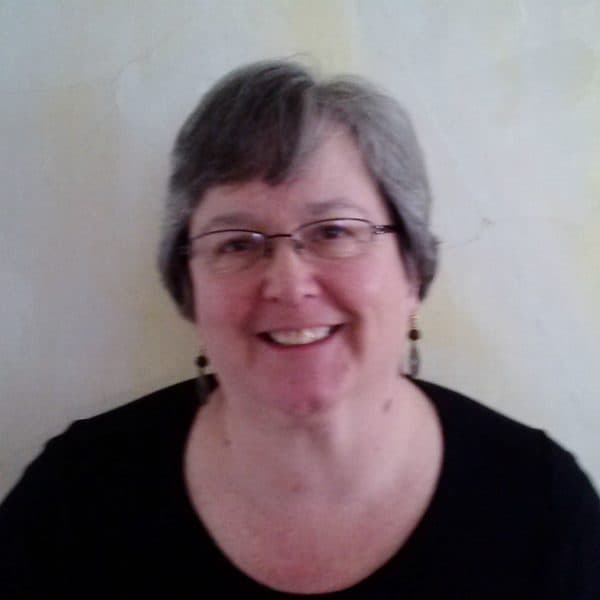Advertisement
The Morality Of Zombies: Or, Why We Watch 'The Walking Dead' As A Family
Families do a lot of different activities to promote bonding. Some have dinner together or go hiking. Others bake or play Trivial Pursuit.
My family? We watch "The Walking Dead."
You may not consider watching a television program about the zombie apocalypse to be an activity that promotes harmony and facilitates discussion, but it does. (It also curbs mindless snacking in front of the TV — zombies are highly effective appetite suppressants.)
You may also not consider it a prime opportunity for a conversation about morality, but as we watch the program, I can almost hear my Philosophy 101 professor asking: “Is his character operating from an absolutist or relativist sense of ethics?”
You may not consider watching a television program about the zombie apocalypse to be an activity that promotes harmony and facilitates discussion, but it does.
To that question, there’s no simple answer. You could make a convincing argument either way. The world of "The Walking Dead" should be an absolutist’s dream. But Rick, as sheriff, is supposed to serve and protect. And in this world, for humans to live, zombies have to die — again. Or, conversely, you could say that the apocalypse has turned the world into moral relativism supreme. Every action in every moment is dictated by one goal: staying alive.
And if one is living in a zombie world, you would think that all the humans would band together to save each other from zombies. But it becomes more complicated when food and water and ammunition run out. The questions become thornier: How far should you go to protect you and yours? Is it okay to kill other people and eat them if you and your family are starving? What constitutes being alive? What does God have to do with it?
This is what I love about the show: it makes you consider ethical quandaries.
We didn’t always watch "The Walking Dead" as a family. My husband and I used to record it and watch it after our daughter went to bed. But when Lucy turned 13, she started to actively lobby to be allowed to watch it — her friends were talking about it and she wanted to be included in the conversations.
My husband and I discussed it for a long time. What if she had nightmares? What if she was traumatized? In the end, we decided to let Lucy join us, and we began watching the show as a family.
The show has brought up a number of interesting questions. One such example, “What is a family?” is a particularly poignant question for our family, as we are not biologically related to our daughter. We adopted Lucy from China as an infant, so our definition of family is not limited to genetics. And, once you’ve got your definition down, what is your responsibility to your kin in the post-apocalyptic world? Is it okay to take actions you would never dream of when faced with becoming a zombie?
Advertisement
when food and water and ammunition run out. The questions become thornier: How far should you go to protect you and yours?
People tell a lot of lies in "The Walking Dead." Talking about them is a great way of keeping the adult-teenager communication lines open. Eugene, for example, is a character who claims to be a scientist with a cure for the zombie flu. He is lying, but only because he knows there is no other way he’ll get people to protect him. Talking about Eugene with Lucy has revealed what a fine moral compass she’s developed: she thinks it’s awful that people have sacrificed themselves for Eugene and she wishes that were not so; but on the other hand, she cannot condemn him. How else would he have survived? And, as she has pointed out, Eugene gave his group hope. Hope is necessary for everyone, especially in ‘The Walking Dead’.
I know that watching "The Walking Dead" is not everyone’s idea of productive family time. But after we finished the final episode of the last season, Lucy turned to me and said, “Mom, if zombies ever take over the United States, and you get bitten, I promise I will shoot you.”
What better proof of love could a mother have?
The sixth season of "The Walking Dead" premieres Sunday, Oct. 11 on AMC.

